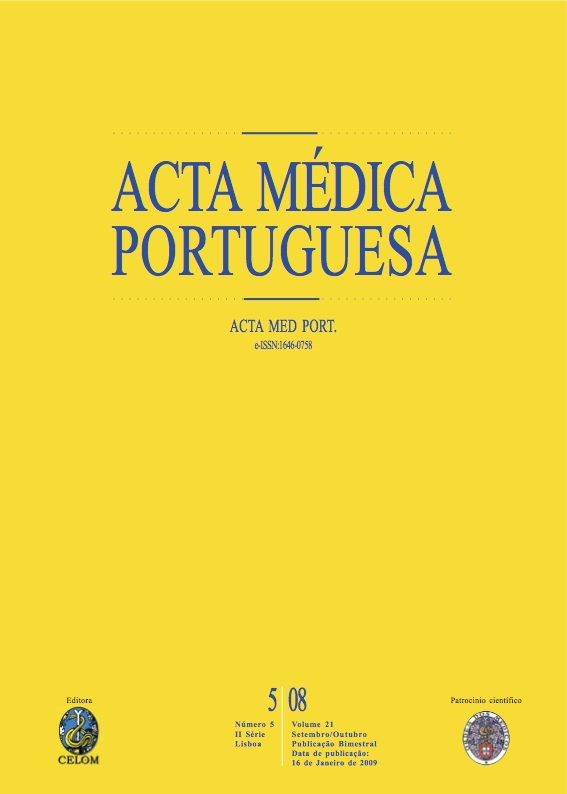The role of adipose tissue and macrophages in chronic inflammation associated with obesity: clinical implications.
DOI:
https://doi.org/10.20344/amp.1635Abstract
In the last decades, life style modifications particularly those related to food patterns and food choices, gave risen to a worldwide pandemic disease with no precedent in Human History: obesity. Energy storing and free fatty acids production were the only adipose tissue functions. However, it has been well established other adipose tissue functions like low grade pro-inflammatory molecules production (cytokines, adipokines and chemotactic factors) evolved in obese inflammatory condition. In this inflammatory state, adipocytes active role is inflammatory mediators (adipokines) production and and cell to cell interaction with resident macrophages. Adipose tissue low vascularization is even lower in the obese; so, hypoxia can be a critical factor in inflammatory obese state manifestation. Adipose tissue cytokines production and pre-adipocyte conversion into macrophage results in adipose tissue and macrophages interactions. One of the mononuclear phagocytic system components, macrophage, has an important role in obese-related inflammatory state. These cells have been found to be increased in number and shape proportional to Body Mass Index, rising to up to 60% of total adipose tissue components. The macrophages proportional accumulation could lead to an increase in pro-inflammatory molecules expression and contribute to the inflammatory state in a significant way. The reversion of the low grade inflammation and the reduction of risk factors in obese individuals seem to occur when a reduction in Body Mass Index is achieved and loss of adipose tissue is observed. We performed a critical review of last five years literature in order to better describe the impact of adipose tissue and macrophages interactions in low grade chronic inflammatory condition in the obese and their role in comorbidities pathogenesis.Downloads
Downloads
How to Cite
Issue
Section
License
All the articles published in the AMP are open access and comply with the requirements of funding agencies or academic institutions. The AMP is governed by the terms of the Creative Commons ‘Attribution – Non-Commercial Use - (CC-BY-NC)’ license, regarding the use by third parties.
It is the author’s responsibility to obtain approval for the reproduction of figures, tables, etc. from other publications.
Upon acceptance of an article for publication, the authors will be asked to complete the ICMJE “Copyright Liability and Copyright Sharing Statement “(http://www.actamedicaportuguesa.com/info/AMP-NormasPublicacao.pdf) and the “Declaration of Potential Conflicts of Interest” (http:// www.icmje.org/conflicts-of-interest). An e-mail will be sent to the corresponding author to acknowledge receipt of the manuscript.
After publication, the authors are authorised to make their articles available in repositories of their institutions of origin, as long as they always mention where they were published and according to the Creative Commons license.









